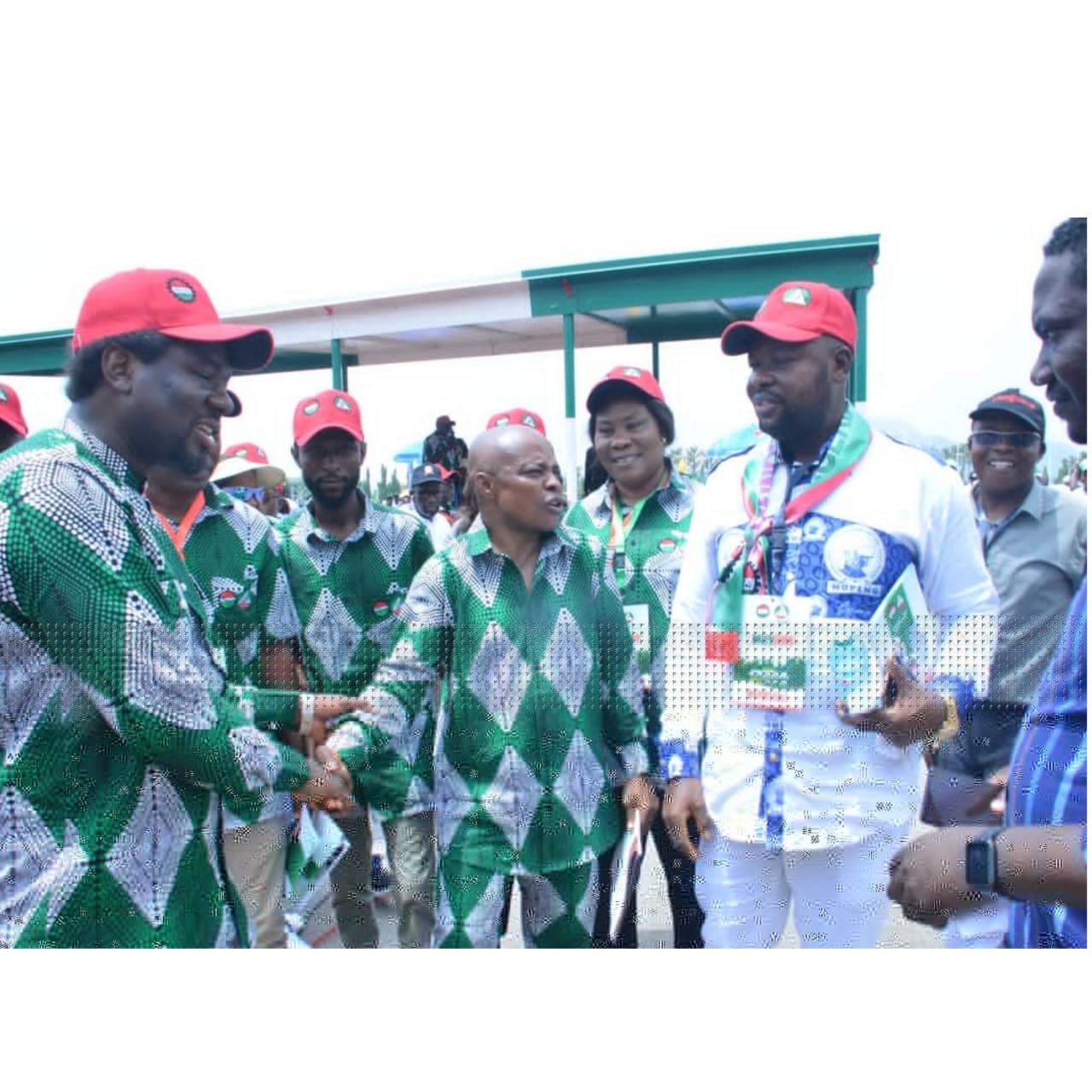Nigeria
Announcement of New Minimum Wage on May Day Deemed Infeasible by TUC president

The President of the Trade Union Congress of Nigeria (TUC), Mr. Festus Osifo, recently mentioned that the anticipated announcement of the new minimum wage might not take place on May 1.
This statement was made during a conversation with journalists in Abuja on Friday.
Osifo explained that the ongoing negotiations by the Tripartite Committee are still in progress. Initially, the TUC had proposed N447,000 as the new minimum wage, but after discussions with the Nigeria Labour Congress (NLC), the figure was adjusted to N615,000. Despite this, the exact date for the announcement of the new minimum wage is yet to be finalized.
He emphasized that the May 1 deadline for the announcement of the new minimum wage might not be feasible unless the Federal Government is willing to settle for a minimum wage of N500,000 for workers.
Read Also: TUC Reports: Federal and State Governments Yet to Fulfill Two Months’ Salary Obligations
Osifo also mentioned that the demanded N615,000 by the organized labor is subject to negotiation and not set in stone.
The TUC President highlighted that before arriving at the N615,000 figure, a thorough study was conducted. He pointed out that at the time of the computation, the exchange rate was around N1,700 to a dollar. Osifo expressed hope that the committee would convene post-May 1 to further deliberate on the matter.
The 37-member tripartite committee on the minimum wage, established by the Federal Government, is set to continue discussions and consultations regarding the new minimum wage.
Chaired by former Head of the Civil Service of the Federation, Bukar Aji, the committee comprises members from the Federal Government, State Governments, Private Sector, and Organized Labour.
Vice President Kashim Shettima emphasized that the formation of the minimum wage review committee underscores President Bola Tinubu’s commitment to motivating the nation’s workforce, which he considers the cornerstone of the administration.
Shettima emphasized the importance of making necessary decisions to rescue the economy, acknowledging that the Federal government is fully aware of the immediate consequences.
He reassured Nigerians that brighter days are on the horizon, instilling hope for a better future.
He encouraged the committee to approach their task with diligence and thoroughness, emphasizing the need to seek input from a wide range of sources.
The goal is to establish a fair and reasonable wage that can effectively alleviate the hardships faced by the people, aiming to improve their quality of life.
Shettima stressed the significance of considering the sufferings of the population when determining the appropriate wage.
He urged the committee to engage in extensive consultations to ensure that the final decision is just and capable of providing relief to those in need. By doing so, they can contribute to easing the burdens faced by the people and fostering a more prosperous society.
